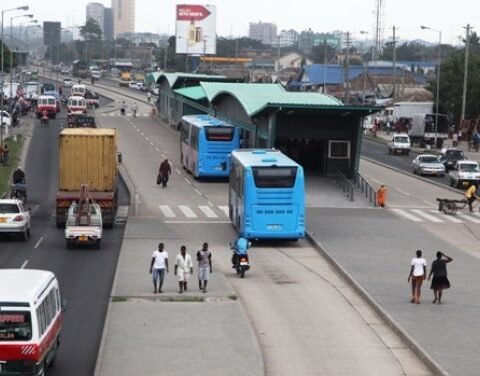Tanzania has made a remarkable leap in maize production, surpassing Nigeria to become Africa’s second-largest maize producer.
The country’s output reached 11.7 million tonnes in the 2023/24 season, a dramatic increase from 6.4 million tonnes just two years ago. This surge is credited to government initiatives, including fertiliser subsidies, mechanisation, and improved market infrastructure.
South Africa remains the continent’s top maize producer, with annual yields ranging between 13 and 15 million tonnes. However, Tanzania’s rapid growth in the sector is drawing attention, positioning the country as a key player in Africa’s food security efforts. With the continent’s total maize demand estimated at 150 million tonnes per year, Tanzania’s progress offers a promising boost to regional grain supplies.
At the heart of this success is Tanzania’s fertiliser subsidy programme, which was introduced in the 2022/23 season. Before the initiative, farmers applied an average of only 15 kilogrammes of fertiliser per acre—far below the 50-kilogramme standard in leading maize-producing countries like South Africa. According to government data, the subsidy has helped increase usage to 24 kilogrammes per acre, leading to higher yields.
“We have made remarkable progress since the introduction of the subsidy. We have nearly doubled the fertiliser intake per acre compared to our previous rate,” said a senior official from the Ministry of Agriculture. The government aims to further increase fertiliser application to 50 kilogrammes per acre by 2030, with overall fertiliser consumption projected to rise from 360,000 tonnes in 2021/22 to 870,000 tonnes in the latest season.
Also Read; AIIB to Invest $1.5 Billion in
Africa’s Energy Sector
Mechanisation has also played a crucial role in Tanzania’s agricultural transformation. The government has launched an ambitious programme to deploy 10,000 tractors and power tillers by 2030, aiming to improve efficiency and reduce labour costs for smallholder farmers. So far, 800 tractors and 800 power tillers have been introduced, with mechanisation centres set up to provide modern farming equipment at affordable rates.
“Mechanisation centres offering modern farming implements at affordable rates have started operations and will continue expanding,” the official added.
Tanzania’s impressive maize production growth is not only boosting the country’s food security but also strengthening its position in regional grain markets. As the government continues investing in agriculture, there is optimism that Tanzania could eventually challenge South Africa for the top spot in maize production on the continent.







